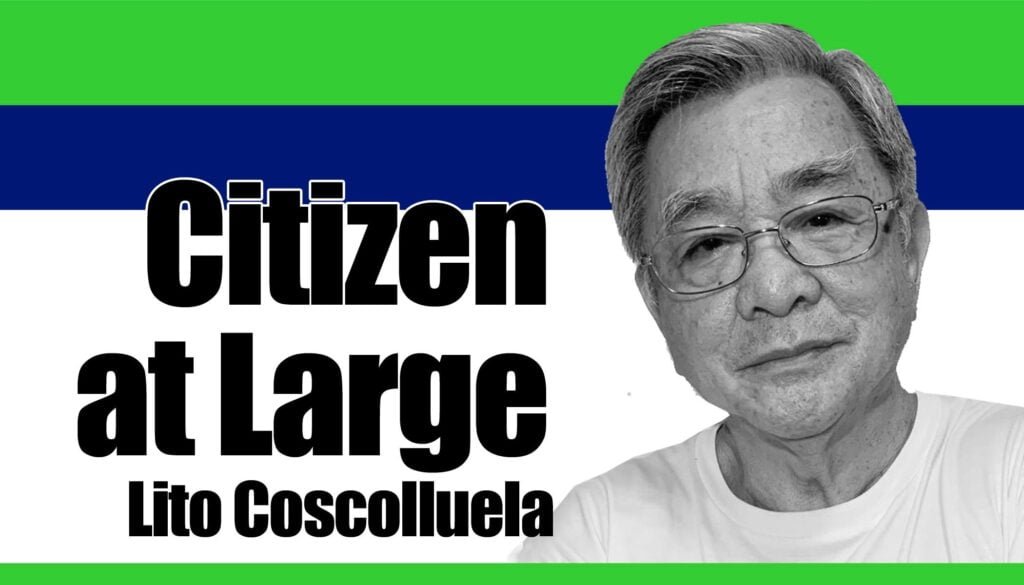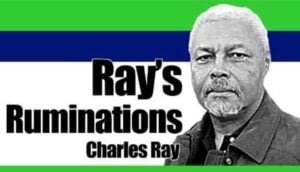“In Bacolod City, the digital age and the recent demise of ABS-CBN and the Visayan Daily Star – victims of a deadly combination of politics and the COVID-19 pandemic – has created a virtual breeding ground for independent media players that have gone online.”
Nov. 11 marks the 20th anniversary of Negros Weekly, the Bacolod-based independent news, features and opinions weekly magazine. Congratulations and more power to Allen del Carmen and company!

Media: Shapers of the national mindset
Filipinos are not very rabid readers, particularly of printed news. That’s the reason why newspapers – both national and local – have never had a particularly high circulation in the provinces.
Printed dailies, however, have played an indispensable role – documenting significant events and influencing public opinion on issues that shape our lives as individuals and as a nation. The same with television and radio, which have their own audiences and spheres of influence. Traditional media have always been powerful shapers of the Filipino psyche, for better or worse. And that can only sharpen as we move to the “next normal”.
Online media: Vibrant field for ‘independent’ players
In Bacolod City, the digital age and the recent demise of ABS-CBN and the Visayan Daily Star – victims of a deadly combination of politics and the COVID-19 pandemic – has created a virtual breeding ground for independent media players that have gone online.
The online battleground
Aside from Negros Now Daily and Negros Weekly, here are the players as of latest count: DNX News of veteran investigative journalist Julius Mariveles and Hannah Papasin, Premier News Ventures of Eugene Adiong and Enrique Gonzaga, Sun Star Bacolod, member of “the only network of community newspapers in the Philippines”, the newly-hatched DigiCast Negros with ex-ABS-CBN news staff, and maybe soon a resurrected Visayan Daily Star Online, minus newshen Carla Gomez who now writes for DigiCast aside from remaining a correspondent of the Philippine Daily Inquirer. Not to be outdone, Negros Oriental has Negros News on FB.
Citizens on social media
On top of this, there are sites on Facebook, Viber and elsewhere that chronicle citizen accounts on a wide range of interests, from sugar, to political issues to culture.
Some examples are Citizens for Better Bacolod, Negros Agenda: Tourism, Negrense Chronicles, Hacienda Bacolod, Sugarcane Country and Negros in Perspective, a photographic journal covering scenes of both Negros provinces. And bloggers abound, too, ranging from cause-oriented to narcissistic, from entertaining to self-serving, from profound to inane. And they all have audiences, many of whom do not read printed news.
Diverse community of influencers
Printed news dailies will still be around, COVID or no COVID. TV will still provide news and entertainment (and hopefully see the rebirth of ABS-CBN). AM radio stations will focus on news and commentaries, which will intensify as elections come nearer. FM community radio will become venues for online learning and local news and information updates from LGUs.
With the addition of digital media, a diverse community of players – informing and influencing the public on a daily basis – is in place. Bacolod and Negros Occidental news events, public affairs and pretty much everything else will no doubt be fully covered.
More than ever, the expanded world of traditional and digital media will be powerful shapers of public opinion and national character. Again, for better or worse.
Garbage in, garbage out
Take the case of a recent post on FB that highlighted VP Leni Robredo visiting a typhoon-struck barangay in the Bicol region. One “person”, hiding behind the cloak of anonymity, suggested that the VP was irresponsible and should be staying home because she had just recently tested positive for COVID. A mutual friend kindly posted in reply a news item that reported exactly the opposite – that the VP and her staff had all tested negative.
The ‘person’ “left the room” without a reply. His distorted perception could have been intentional (part of a troll’s work) or he could have been the gullible victim of another troll’s fake news.
It’s virtually impossible to guard against this kind of disinformation, and it is tragic when people who are seemingly educated fall for such chicanery. But that is the power of media – it can poison minds as easily as it can enlighten and uplift.
Wanted: Vigilant audiences and Responsible media
It’s been said that Philippine media is the most licentious in the world. That was true for many years since the advent of mass media (radio, TV and newspapers). It’s actually worse now, with the flood of fake news, disinformation and social media trolls on top of paid hacks and ‘AC-DC’ media practitioners.
When these go unchecked, people begin to think it is ‘normal’, a part of reality we live with.
This is where we – the consumers of media content – need to be not only vigilant and circumspect but more especially unwilling to tolerate what is wrong: fake news, the spreaders of hate and the abusers of ‘free speech’. When something hurts society and destroys its values, the responsible citizen can do no less than speak out and fight back. – NWI




